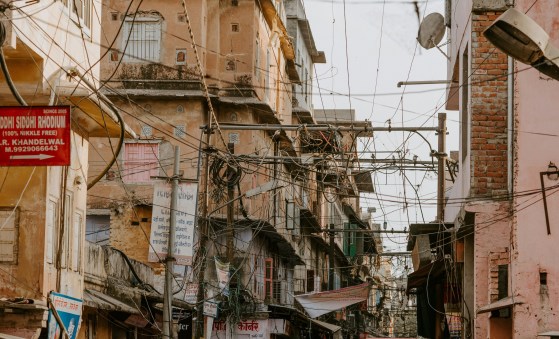In a landmark victory, a tribe in India has for the first time had their right to use their ancestral land recognized – even though it is inside a tiger reserve.
In 1974 members of the Soliga tribe were evicted from their homes in the Biligirirangan Hills, Karnataka state, by a local government intent on protecting the state's wildlife.
But now the Soliga's right to collect, use and sell forest produce from within the Rangaswami Temple Sanctuary reserve has been formally confirmed.
The unprecedented move follows more than 30 years of debate in Karnataka state over how to reconcile tribal peoples' rights with conservation. It brings an end to fears of eviction and bans on their right to hunt and cultivate.
As recently as January, 1,500 Soliga thought they would lose their homes when the Sanctuary was re-classified as a tiger reserve in order to 'protect' 30 of the big cats.
The Soliga insisted that removing them was not the solution, and told India's Environment Minister to 'give (them) poison', rather than force them out.
One Soliga man said, "We have been the ones that look out for tigers. You remove us and you remove the tigers."
Under the Forest Rights Act, the Soliga will now have legal rights to use and protect as much as 60 per cent of the reserve, including parts of the core area.
The Soligas are now working on a proposal to manage the tiger reserve jointly with the Karnataka state authorities, using their traditional knowledge.
About 20,000 Soligas live in Karnataka state, and have been inextricably linked to the Biligirirangan Hills for generations.
Survival International, a UK-based human rights organisation that works for the rights of tribal peoples, said the Indian government is beginning to realize that tribal peoples are the best conservationists, by far.
"Evicting tribespeople from their ancestral land in the name of 'conservation' is not only illegal and destroys them, it also spells disaster for the local environment and wildlife," said Survival International's Director Stephen Corry.




